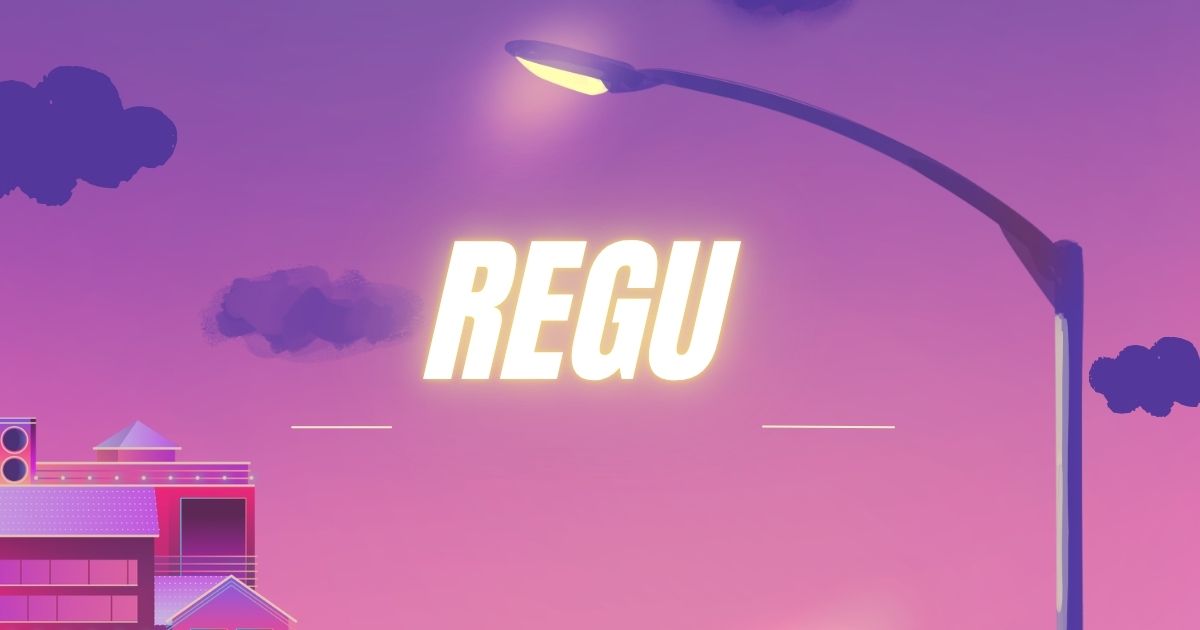“Regu” is a word with multiple meanings, depending on context, language, and region. It is particularly known in Southeast Asia, notably within the sport of sepak takraw, as well as in some African and European cultural or tribal references. In modern digital use, “regu” can even appear in usernames, game IDs, or hashtags. Despite its diverse usage, each instance of “regu” tends to carry themes of structure, teamwork, or grouping, making it a versatile and culturally rich term.
Origins and Etymology of Regu
The word “regu” has roots in the Malay and Indonesian languages where it refers to a team, group, or unit. In this sense, it shares similarities with the English word “squad” or “crew.” In military, sports, and traditional communities, it is used to refer to organized units working together toward a goal. This meaning makes it especially common in organizational contexts in countries like Malaysia, Indonesia, and Brunei.
Regu in Sepak Takraw
In the sport of sepak takraw, a “regu” is the name for a team consisting of three players. Sepak takraw is a traditional Southeast Asian sport that resembles volleyball but is played using a rattan ball and only feet, head, knees, and chest. Each team is called a “regu,” and official matches are played between two regus. The game is intense, fast-paced, and acrobatic, and the idea of a “regu” reinforces the importance of tight-knit teamwork.
Teamwork and the Regu Principle
The concept of “regu” highlights the idea of collective cooperation over individual brilliance. Whether on the sports field, in a military context, or community work, regu emphasizes that success is achieved when everyone plays their part. It serves as a valuable reminder that unity and collaboration often outperform solo effort, especially in complex or competitive environments.
Regu in Traditional Ceremonies
In some tribal communities, “regu” refers to working groups responsible for organizing events,rituals, or village maintenance. In these settings, regus are vital social units that promote accountability and community engagement. They often rotate responsibilities, ensuring that tasks like farming, security, and celebrations are handled effectively without burdening one group alone.
Modern Usage in Technology and Gaming
With the rise of online gaming and digital communities, “regu” has started appearing in usernames, forums, and hashtags, especially in Southeast Asia. Gamers form digital teams and refer to them as “regus” to mirror the same spirit of cooperation found in real-world sports. The term also appears in esports broadcasts and community Discords, carrying the same team-first energy into virtual worlds.
Educational and Training Contexts
In schools or training programs, “regu” is often used to designate working teams. For example, during outdoor camps or physical education programs, students may be divided into regus to perform tasks, complete challenges, or compete. This reinforces leadership, cooperation, and trust-building skills that are useful beyond the academic setting.
Military Significance of Regu
In certain national militaries, particularly those in Southeast Asia, “regu” can also be a formal unit of organization. A regu in this case may consist of a set number of soldiers who operate together, much like a platoon or squad in Western military terms. This military application further emphasizes structure, discipline, and collective purpose.
Regu in Corporate Culture
In a professional setting, the term “regu” might not be formally used in English-speaking offices, but the concept is everywhere. Cross-functional teams, task forces, and committees operate exactly like a regu. Some Southeast Asian companies may even officially refer to internal teams as “regus,” especially when the workplace is influenced by local language and tradition.
Cultural Symbolism and Respect for Regu Roles
In cultures that value collectivism over individualism, the idea of the regu symbolizes balance, respect, and shared achievement. Every member has a role and is respected for their contribution. Success is not a solo medal—it’s a banner held by all. In this way, “regu” embodies deep cultural values of honor and responsibility.
Regu and Gender Equality in Teamwork
In traditional settings, regus may have historically been male-dominated, particularly in military and sporting environments. However, in today’s more inclusive world, women are equally forming and leading regus—on the field, in classrooms, and across corporate teams. This evolution shows how the regu concept remains relevant and adaptable to changing times.
Challenges in Maintaining a Successful Regu
While forming a regu is easy, maintaining it is not. Team dynamics, personality clashes, unequal workload distribution, and poor communication can cause breakdowns in function. Successful regus are those that value openness, adaptability, and mutual respect. Leadership plays a key role in ensuring everyone’s strengths are utilized while weaknesses are supported.
The Psychological Impact of Being Part of a Regu
Psychologically, being part of a well-functioning regu provides a sense of belonging, purpose, and support. Individuals perform better when they feel they are part of something larger than themselves. This is especially vital in youth development and mental health, where isolation can be damaging. The regu becomes a support net, reinforcing emotional resilience.
Globalization and the Spread of Regu Culture
Thanks to globalization and the internet, the regu concept is no longer confined to Southeast Asia. International sports competitions, team-building seminars, and global gaming communities have all embraced similar structures. While the term “regu” may be localized, its spirit resonates worldwide.
Why the World Needs More Regus Today
In an increasingly fragmented and competitive world, the values promoted by the regu concept—unity, teamwork, mutual respect—are more essential than ever. Whether you’re working in an office, playing in a band, or participating in a community cleanup, embracing a regu mindset leads to better results and deeper human connection.
Conclusion
The word “regu” may be short, but its meaning runs deep. From ancient traditions and local sports to modern corporate strategies and online gaming, the regu stands as a universal symbol of teamwork and collaboration. In a world full of divisions and individual pursuits, the regu reminds us that we’re stronger together.
FAQs
What does “reg’u” mean in sepak takraw?
In sepak takraw, a r’egu refers to a three-player team that competes on the court.
Is “re’gu” only used in sports?
No, “re’gu” is used in various contexts such as military units, school groups, traditional communities, and online gaming.
Where does the term “re’gu” come from?
It originates from the Malay and Indonesian languages and generally means group, team, or unit.
Can women be part of a reg’u?
Absolutely. Modern regu’s include people of all genders, especially in educational, professional, and digital spaces.
How can I apply the r’egu mindset in daily life?
By embracing teamwork, valuing every member’s contribution, and prioritizing collaboration over competition.











